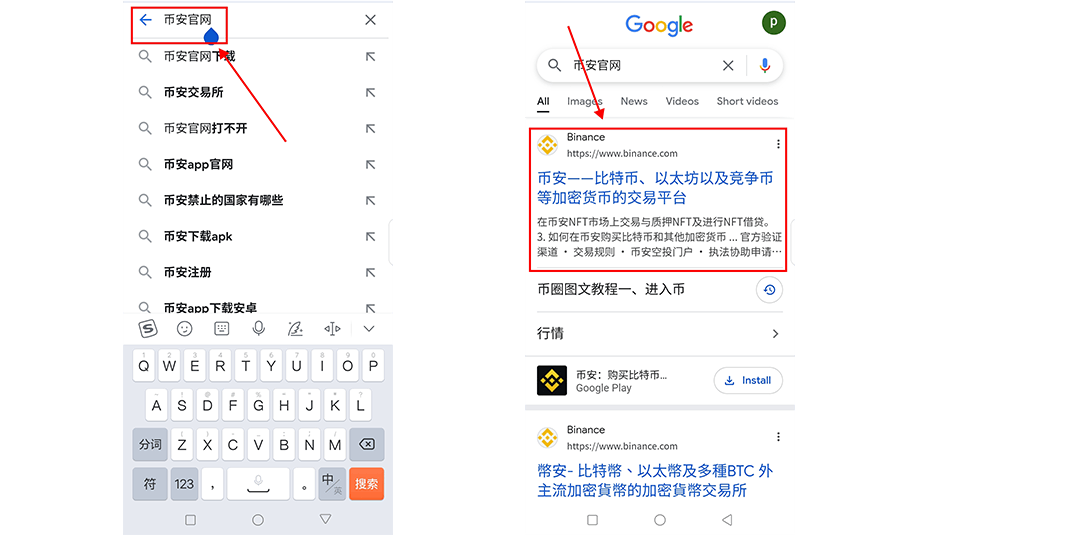First Linux Char driver
时间:2010-04-12 来源:toy0808
1. Driver Source Code
#include <linux/module.h>
#include <linux/init.h>
#include <linux/kernel.h>
#include <linux/fs.h>
#include <asm/uaccess.h> MODULE_LICENSE("GPL"); #define MAJOR_NUM 254 static ssize_t globalvar_read(struct file *, char *, size_t, loff_t*);
static ssize_t globalvar_write(struct file *, const char *, size_t, loff_t*);
struct file_operations globalvar_fops =
{
.read=globalvar_read,
.write=globalvar_write,
}; static int global_var = 0;
static int __init globalvar_init(void)
{
int ret;
ret= register_chrdev(MAJOR_NUM,"globalvar",&globalvar_fops);
if(ret)
{
printk("globalvar register failure");
}
else
{
printk("globalvar register sucess");
}
return ret;
} static void __exit globalvar_exit(void)
{
int ret;
ret=unregister_chrdev(MAJOR_NUM,"globalvar");
if(ret)
{
printk("globalvar unregister failure");
}
else
{
printk("globalvar unregister sucess");
}
}
static ssize_t globalvar_read(struct file *filp, char *buf, size_t len, loff_t *off)
{
if(copy_to_user(buf,&global_var,sizeof(int)))
{
return -EFAULT;
}
return (sizeof(int));
}
static ssize_t globalvar_write(struct file *filp, const char *buf, size_t len, loff_t *off)
{
if(copy_from_user(&global_var,buf,sizeof(int)))
{
return -EFAULT;
}
return sizeof(int);
} module_init(globalvar_init);
module_exit(globalvar_exit); ================================================Driver Source Code Ends 2. App source code #include <sys/types.h>
#include <sys/stat.h>
#include <stdio.h>
#include <fcntl.h> main()
{
int fd,num1,num2;
fd = open("/dev/chrdev",O_RDWR,S_IRUSR | S_IWUSR);
if(fd!=-1)
{
read(fd,&num,sizeof(int));
printf("the globalvar is %d",num);
printf("please input the num written to globalvar");
scanf("%d",&num1);
write(fd,&num1,sizeof(int));
read(fd,&num2,sizeof(int));
printf("the globalvar is %d",num2);
close(fd);
}
else
{
printf("device open failure");
}
} App can be compiled by command: gcc -o chrdevapp chrdevApp.c =========================================================App source code end 3. This Module can be compile in Linux 2.4 kernel(Red Hat 9.0). With tool GCC the command is: gcc -DMODULE -D__KERNLE__ -I /usr/src/linux-2.4.20-8/include -c chrdev.c Then, there will be a module file chrdev.o ==> Use command: insmod chrdev, to add this module to kernel, this command will call register_chrdev() method to register this module to kernel. if sucessful, check /proc/modules, chrdev module will show there. ==> the resource that driver declare can be released when this module is removed by command: rmmod chrdev, this command will call unregister_chrdev() method. ==>We must use the command: insmod chrdev.o to add this module to kernel, then run the App. If not, when run app, it will show "Device open error"
#include <linux/init.h>
#include <linux/kernel.h>
#include <linux/fs.h>
#include <asm/uaccess.h> MODULE_LICENSE("GPL"); #define MAJOR_NUM 254 static ssize_t globalvar_read(struct file *, char *, size_t, loff_t*);
static ssize_t globalvar_write(struct file *, const char *, size_t, loff_t*);
struct file_operations globalvar_fops =
{
.read=globalvar_read,
.write=globalvar_write,
}; static int global_var = 0;
static int __init globalvar_init(void)
{
int ret;
ret= register_chrdev(MAJOR_NUM,"globalvar",&globalvar_fops);
if(ret)
{
printk("globalvar register failure");
}
else
{
printk("globalvar register sucess");
}
return ret;
} static void __exit globalvar_exit(void)
{
int ret;
ret=unregister_chrdev(MAJOR_NUM,"globalvar");
if(ret)
{
printk("globalvar unregister failure");
}
else
{
printk("globalvar unregister sucess");
}
}
static ssize_t globalvar_read(struct file *filp, char *buf, size_t len, loff_t *off)
{
if(copy_to_user(buf,&global_var,sizeof(int)))
{
return -EFAULT;
}
return (sizeof(int));
}
static ssize_t globalvar_write(struct file *filp, const char *buf, size_t len, loff_t *off)
{
if(copy_from_user(&global_var,buf,sizeof(int)))
{
return -EFAULT;
}
return sizeof(int);
} module_init(globalvar_init);
module_exit(globalvar_exit); ================================================Driver Source Code Ends 2. App source code #include <sys/types.h>
#include <sys/stat.h>
#include <stdio.h>
#include <fcntl.h> main()
{
int fd,num1,num2;
fd = open("/dev/chrdev",O_RDWR,S_IRUSR | S_IWUSR);
if(fd!=-1)
{
read(fd,&num,sizeof(int));
printf("the globalvar is %d",num);
printf("please input the num written to globalvar");
scanf("%d",&num1);
write(fd,&num1,sizeof(int));
read(fd,&num2,sizeof(int));
printf("the globalvar is %d",num2);
close(fd);
}
else
{
printf("device open failure");
}
} App can be compiled by command: gcc -o chrdevapp chrdevApp.c =========================================================App source code end 3. This Module can be compile in Linux 2.4 kernel(Red Hat 9.0). With tool GCC the command is: gcc -DMODULE -D__KERNLE__ -I /usr/src/linux-2.4.20-8/include -c chrdev.c Then, there will be a module file chrdev.o ==> Use command: insmod chrdev, to add this module to kernel, this command will call register_chrdev() method to register this module to kernel. if sucessful, check /proc/modules, chrdev module will show there. ==> the resource that driver declare can be released when this module is removed by command: rmmod chrdev, this command will call unregister_chrdev() method. ==>We must use the command: insmod chrdev.o to add this module to kernel, then run the App. If not, when run app, it will show "Device open error"
相关阅读 更多 +










